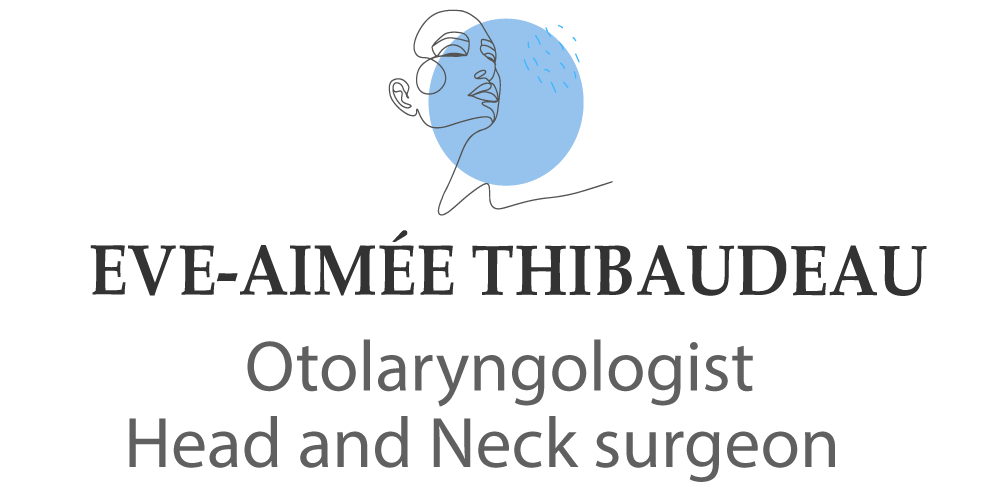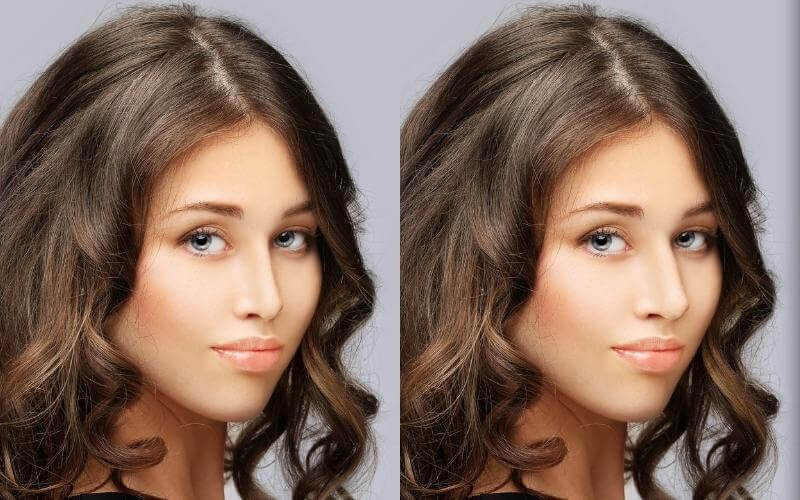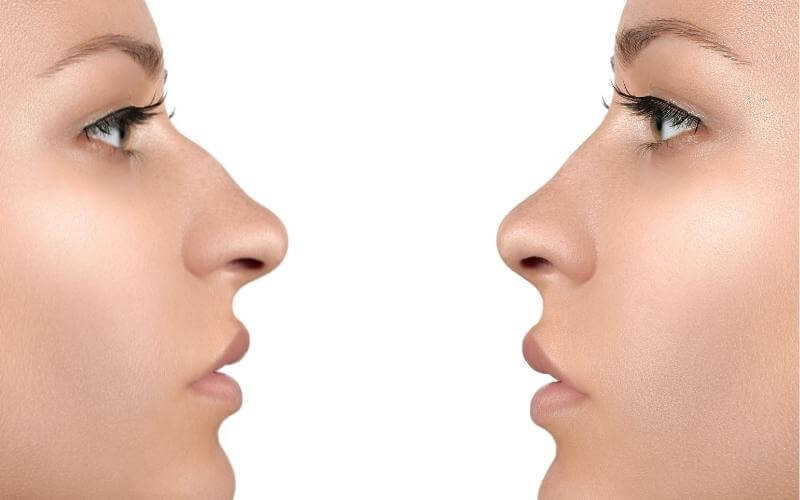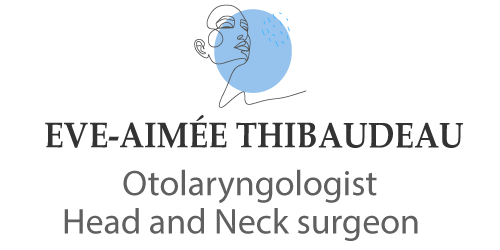During a non-surgical rhinoplasty (nose job), Dr Thibaudeau injects filling agents (hyaluronic acid) and sometimes neuromodulators to correct minor imperfections or asymmetries and reshape the nose into a more aesthetically pleasing shape.

Procedure
The procedure takes a few minutes and is performed in the office.

Risks
Risks are minimal when it is done by a professional with extensive anatomical knowledge.

Results
Results are visible immediately and last up to a year. Though mild bruising may occur, no downtime is required.
What to expect on the day of consultation?
Dr Thibaudeau will explore your concerns and expectations with you, and will examine your face. Together, you will explore treatment options and determine the best options for you. Pre-treatment photographs will be taken by a member of our team.
Inform the doctor if you are prone to cold sores; in the case of lip injections, antiviral prophylaxis will be prescribed.
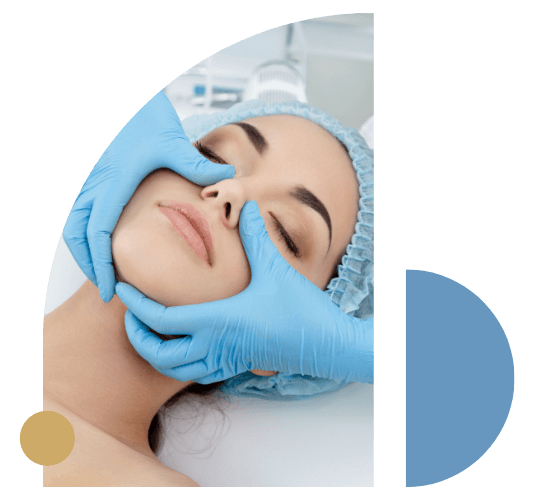
What is the injection process?
The injections can take place on the day of the consultation if you feel ready. Dr Thibaudeau will inject micro-droplets of hyaluronic acid in specific areas of your nose to gently reshape it. The injections are not very painful, as the injected product contains lidocaine (a numbing agent), minimizing pain during the intervention.
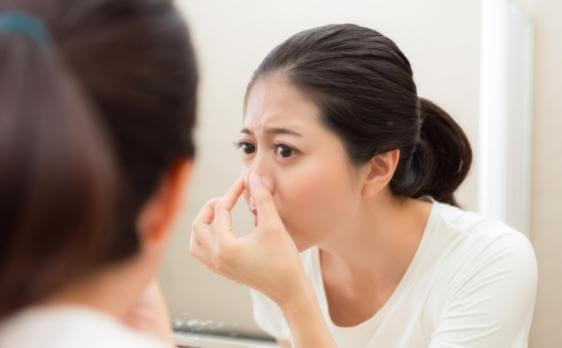
- Minor bruising and swelling at the injection site are common.
- Asymmetries can appear as swelling goes down; these can be corrected by touch-ups during your follow-up appointment.
- Rarely, nodules can be felt or even seen at injection sites. They can be attenuated by massages, or dissolved by an injection of hyaluronidase by Dr Thibaudeau.

- Infection or granuloma formation at injection sites;
- Intra-vascular injections are extremely rare but can cause skin necrosis or even blindness in certain areas of the face.
The complications can be reversible if treated in time. Having injections performed by a specialist with excellent knowledge of facial surgical anatomy reduces these risks to a minimum.
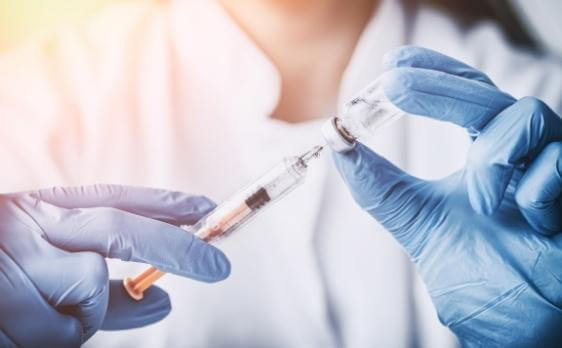
- Known allergy to hyaluronic acid or component of other products;
- Infection or inflammation of the area to be infected;
- Pregnancy or breast-feeding;
- Auto-immune diseases;
- COVID-19 vaccination in the prior or following 14 days;
- Tendency to form keloid or hypertrophic scars.
